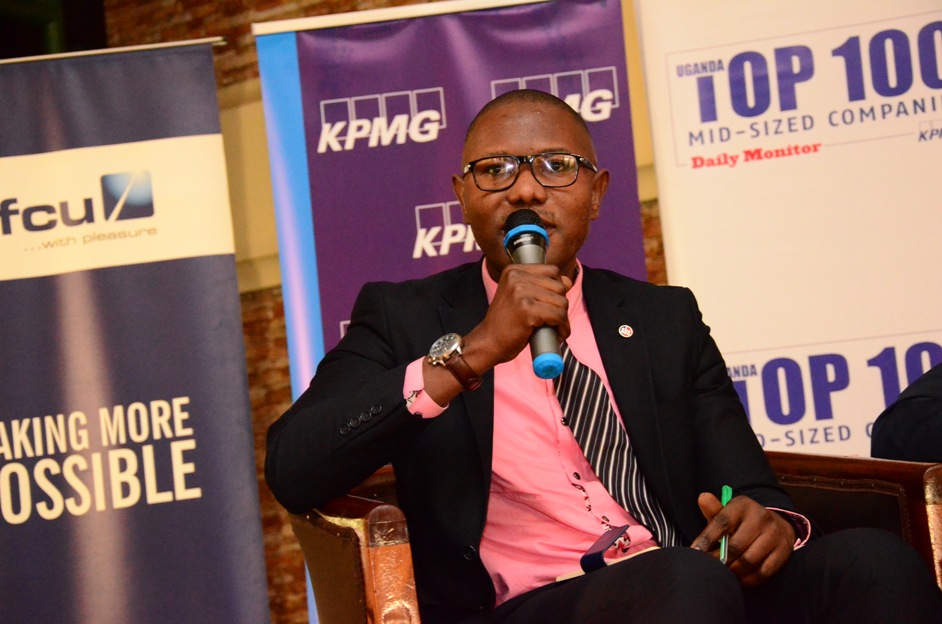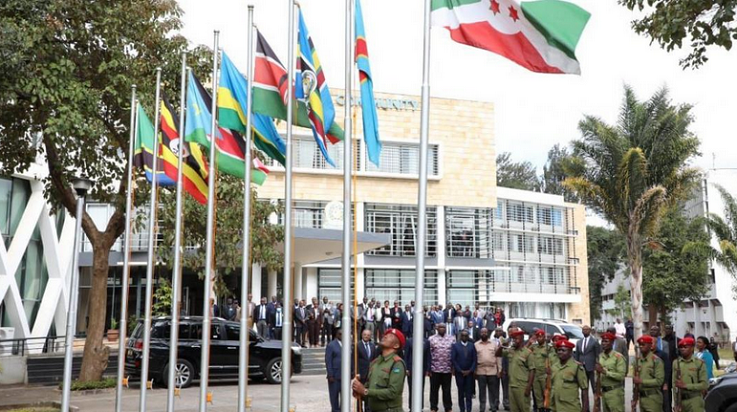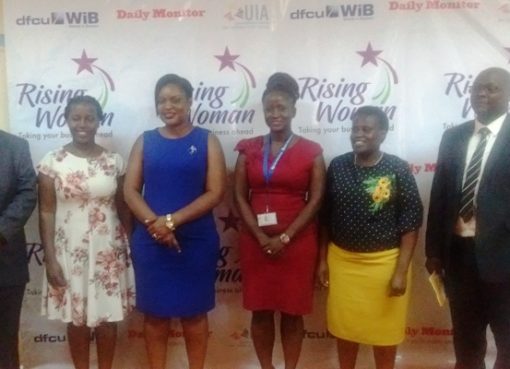Ronald Kasasa the Head of Business Banking at dfcu Bank
The COVID-19 global pandemic has taken a massive hit on all the sectors of our economy. Although for a certain period it might have been easier for some professionals to work from home as a new normal, it has been quite challenging for Uganda’s education sector which has barely managed to adapt to the changes.
As the pandemic continues to evolve, impacting the economic recovery in Uganda and across the world, there is still an uncertainty for the education sector.
Before the outbreak of the COVID-19 pandemic, the Ministry of Education and Sports was already working to improve the education system in Uganda. This came with the change in curriculum, ease of access to education centers and increase of teachers’ salaries.
At the beginning of the year, President Museveni said that improving the living conditions of the Ugandan population through education and sensitization is one of the major key goals for the Government.
But as the government continues to make progress in ensuring access to education for the country’s youth there is still a need to save Uganda’s education sector.
It is against this background that dfcu Bank has organised a virtual engagement with key some stakeholders in the education sector on Thursday 27th August 2020 at 11:00 am to discuss the issues facing the sector. According to the Ronald Kasasa the Head of Business Banking at dfcu Bank, the engagement is aimed at creating a shared understanding of the diverse challenges affecting the differentstakeholders many of whom are dfcu customers in the sector andproviding a platform for them to explore options to future proof education as a business and service against crises of various magnitude.
The panelists will include – Dr. CleophusMugenyi, Commissioner Basic Education (MoES), Daniel MukasaDdamulira, Founder & Proprietor St. Mark’s College Namagoma, Jane France Nakato, Founder and Directorof KinderKare Schools and Elaine Alowo-Matovu the Resident Director, North Green School.
Commenting on the upcoming webinar, Ronald Kasasa said; “To date, over 90% of the educational institutions that have facilties with us have over the last couple of months had to restructure their loans till early next year. Given the impact on the institutions and the Bank, we will be hosting a customer engagement forum to share valuable input and insights on how stakeholders in this sector can collectively review the situation and work together towards rethinking the future of education as a service and business in Uganda.”
On a continental level, Africa’s youth population is expected to nearly double to 456 million by 2050. By 2075, almost half of the world’s young people will be in Africa. Uganda on the other hand, has the youngest population in the world, with 77% of its population being under 25 years of age with over 7 million youth from the ages of 15–24 living in Uganda. 78% of young people aged 13-18 years are currently attending school. 10% of the 6-12-year-olds have never been to school.
17% of youth ages 13-18 attend secondary school. 18% of males aged 13-18 attend school, compared to 16% of females. Students over or under the official secondary school age range make up 5% of the secondary school-age population.
“The Covid-19 pandemic has brought about a unique upheaval across all industries, with the education sector especially being impacted. We are working with various education institutions to see how we can support them to ensure their businesses survive. We know that the economic growth is set to decline due to the Covid-19 pandemic and this will seriously impact the education sector. The pandemic has left 15 million learners and 500,000 teachers in Uganda uncertain of what the future holds. We are most likely to have an increase in closed schools due to financial restraints on the parents and school owners,” Kasasa added.
As a solution to the continuity of education, the government of Uganda encouraged schools and students to resort to digital solutions but there is still limited access to digital devices and internet connectivity despite the growth of digital access and literacy. This will most likely roll back the gains made in the education sector.
The critical issue now is whether the stakeholders in the educationsector are sufficiently sensitized to re-open schools without raising a new wave of the pandemic and ensuring that they follow the Standard Operating Procedures put in place by the Ministry of Health and the Uganda government.
For those who would like to be part of the discussion, please join using the link below.
Join Zoom Meeting
Meeting ID: 298 542 7468





